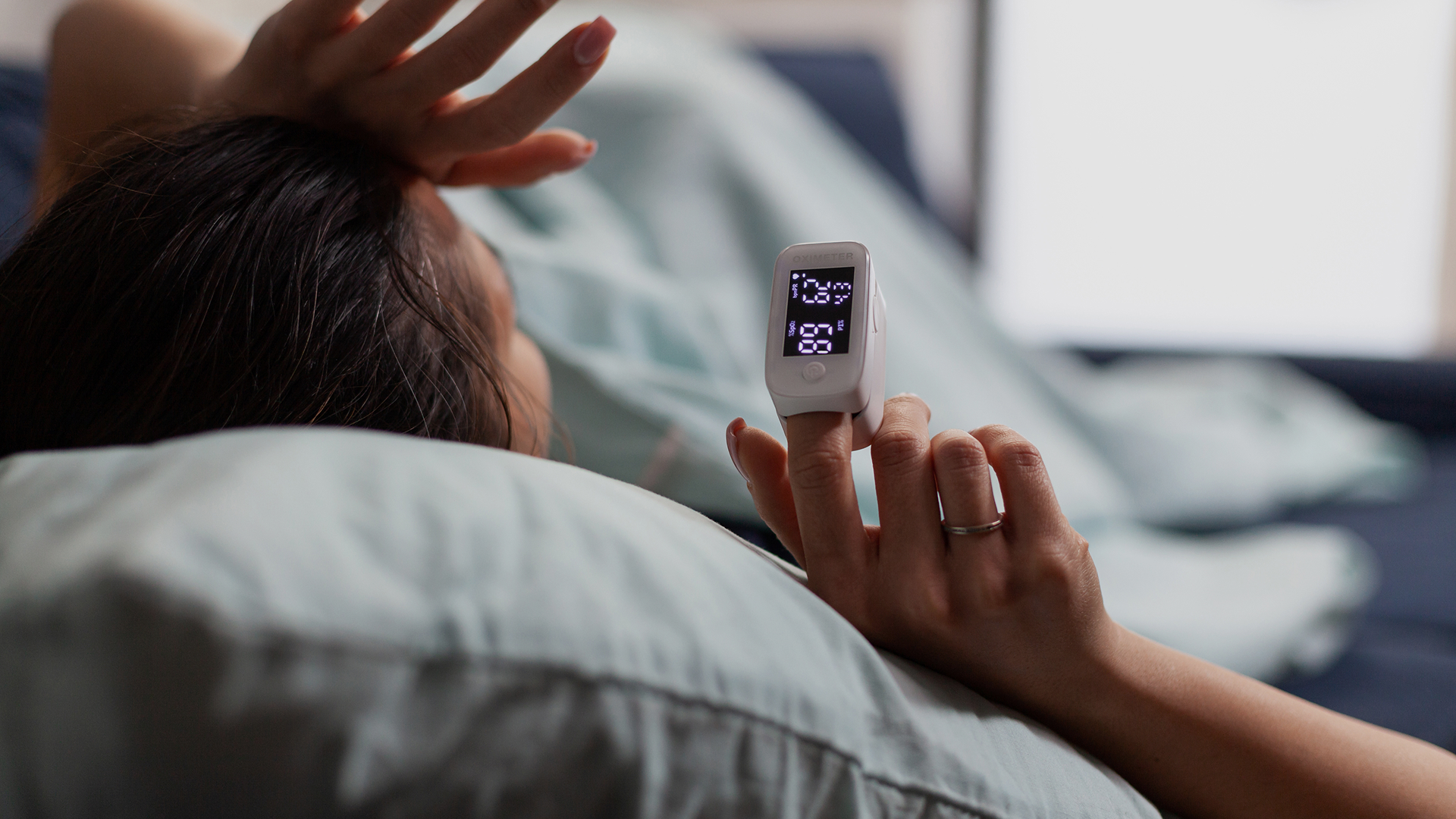Over one-third of adults worldwide, approximately 30-35% report experiencing symptoms of insomnia at some point. If you’ve been considering a sleeping pill, it can offer short-term relief for you, but it’s important to understand how to use them safely, recognise possible side effects and learn how to avoid misuse.
| Sleeping pills are used to treat sleep disorders, such as Insomnia, by helping you feel relaxed and sleepy. However, even natural sleep pills such as melatonin can have side effects, including daytime drowsiness, confusion, or even unusual behaviors like sleepwalking or sleep eating (parasomnias). For many people, non-drug treatments like cognitive behavioral therapy for insomnia (CBT-I) offer better sleep. |
What are sleeping pills?
Sleeping pills, also known as sleep aids or sedatives, can help you get some sleep. If you have a sleep disorder like Insomnia and or frequent nighttime awakenings. While melatonin sleeping pills and natural sleep aids offer mild support whereas strong sleeping pills are prescribed by a sleep doctor for severe cases. Sleeping pills go by many different names, including:
- Hypnotics.
- Sedatives.
- Sleep aids.
- Sleep medicines.
- Tranquilizers.
However, using the best sleeping pills requires caution, or misuse or high sleeping pill dosage for adults can lead to side effects. Always consult a doctor before taking any sleeping pills for better, safer sleep.
Also read: Understanding Parasomnias: From Sleepwalking to Night Terrors
Who needs sleeping pills?
In India, 1 in 10 adults struggle with long-term insomnia, and sleep issues are steadily rising due to stress, lifestyle changes, and screen time. Studies show that sleeping pills in India are becoming more common among older adults; nearly 1 in 4 people over 60 depends on some form of sleep medicine or sleep aid to get proper sleep. If you’re facing trouble sleeping, consult a doctor before taking any sleeping pills, as overuse can lead to sleeping pills side effects and dependency on them.
What are the types of sleeping pills?
There are different kinds of sleeping pills available, depending on your sleep issues and medical needs. Here are the following types of sleeping pills:
1. Over-the-Counter (OTC) Sleeping Pills
These are non-prescription bedtime aids that can be obtained from a pharmacy by anyone over 18 years of age. Although they may be an easy option, the over-the-counter sleep pills may cause some side effects when utilized long-term, such as sleep medication drowsiness or sleep medication confusion.
2. Natural Sleeping Pills
If you are looking for a natural option, melatonin sleep medications, or herbal options such as valerian root, are well-known. Melatonin sleep aid, is a natural hormone that assists in managing sleep cycles. However, even natural products can affect other medications, so it is best practice to talk to your doctor first as an added precaution.
3. Prescription Sleeping Pills
For more serious Insomnia, a doctor could prescribe longer-acting medications, such as benzodiazepines. These types of medications provide temporary insomnia relief, but can lead to psychological dependency if they are taken longer than prescribed or too frequently. Always make sure to check the recommended dosage for sleep medications for adults to avoid the risk of overdose.
Also read: CBT-I vs. Sleeping Pills: Why Therapy is the Safer and More Effective Choice
What are the side effects of sleeping pills?
Like most medicines, sleeping pills can cause side effects, and they vary from person to person. People with asthma or lung problems like COPD should be especially cautious, as some sleeping pills may affect breathing. Common sleeping pills side effects include:
- Dizziness or loss of balance
- Daytime drowsiness or confusion
- Headache and dry mouth
- Digestive issues like constipation or heartburn
- Unusual dreams or memory problems
- Tingling in hands or feet
Sleeping pills complications
Some sleeping pills can cause serious side effects, including parasomnias, unusual behaviors while asleep, such as:
- Sleepwalking or sleep talking
- Sleep eating or phone calls during sleep
- Sleep driving – a dangerous, unconscious act while not fully awake
Other common sleeping pills side effects include:
- Daytime drowsiness, dizziness, or confusion
- Slow reaction time, making driving or operating machinery risky
- Rebound insomnia if you stop sleeping pills suddenly
To avoid side effects or dependency, always take sleeping pills as prescribed by your doctor. Discuss safe dosage, alternatives like natural sleeping pills or melatonin, and how to stop medication with your doctor.
Also read: Is excessive sleep during pregnancy a problem?






